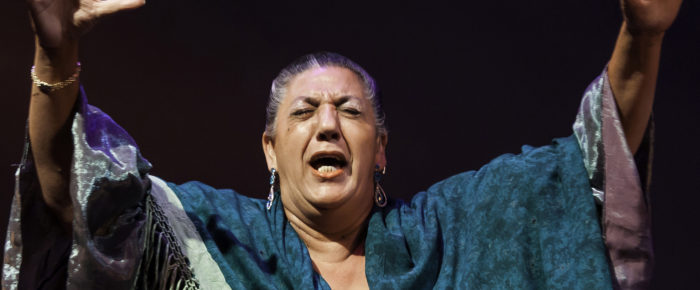When asked for her full name, Charo is known to laugh in her cheerful manner and ask, “Do you have time?” The Spanish-American actress, comedian, and flamenco guitarist was born in…
Read moreCharo at 66: New flamenco guitar album and prayers for Barcelona


